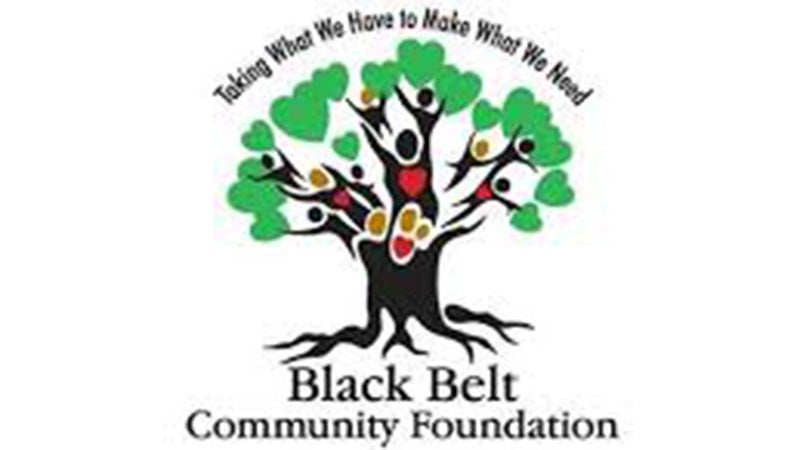Senators team up with BBCF to battle COVID-19
Published 9:31 am Wednesday, September 30, 2020
|
Getting your Trinity Audio player ready...
|
The Black Belt Community Foundation (BBCF) recently joined forces with Alabama Senators Malika Sanders-Fortier, D-Selma, and Bobby Singleton, D-Montgomery, to establish the Black Belt COVID Task Force (BBCTF), which will help cities and towns across 16 counties access the resources needed to fight the ongoing COVID-9 pandemic.
According to BBCF Executive Director Felecia Lucky, the partnership began when the senators reached out about a plan to extend a hand to various communities across the Black Belt, many of which hardly knew about the availability of funds for coronavirus relief.
Lucky noted that a recoverable grant program backed by Hope Credit Union is the center of the task force’s effort.
“That was a big piece because we realized many of our communities wouldn’t be able to access the money made available by the state,” Lucky said.
Lucky used the town of Yellow Bluff as an example of the types of issues the grant program is meant to address: the town was allocated $40,000 in coronavirus relief funds, meaning that the town could spend $40,000 on COVID-19 relief efforts and then be reimbursed by the state, but did not have the liquidity needed to spend the money and await the reimbursement.
The BBCTF’s grant program provides cities and towns with the upfront money for these efforts, which is reimbursed to the task force and used in other locales.
“They don’t have $40,000 in their coffers to spend and then wait to be reimbursed for it,” Lucky said. “For a town of that size, this was a perfect answer for them.”
According to Lucky, roughly $18.8 million in relief funding is still on the table for the 16 counties the task force is assisting.
The task force has been working over the past several weeks, hosting a number of workshops, phone conferences and meetings, to inform small towns about the availability of funds and how to access them – Lucky noted that many had no idea what resources were available.
“It’s not their fault,” Lucky said. “A lot of them are small towns with mayors serving part-time. None of us really knows what to do with COVID, we’re all learning.”
According to the state’s Coronavirus Relief Fund (CRF) website, more than $122 million reserved for counties has not been used and more than $106 million is still available for cities.
Dallas County is not listed as having received any funding from the state’s relief fund, while Selma has thus far received more than $165,300 – $54 for cleaning and sanitation expenses, $4,290 in medical expenses, just over $40,387 for personal protective equipment (PPE) and $120,600 for payroll.
Lucky said the BBCTF hopes to see all of the available funds used by the end-of-year deadline, after which it is unclear what will become of the remaining funds.
“If the funds are there and you can’t get to them, it doesn’t do our people any good,” Lucky said. “Our goal is to make sure our communities have access. Our citizens need to be protected just like the citizens of other communities.”
Beyond the grant program, Sanders-Fortier said the BBCTF’s efforts will center around six sectors – governance, education, business/economy, communications, agencies and healthcare – though she is hoping to add a seventh, which will focus on families and the difficulties they continue to face.
“There are just so many implications of this pandemic,” Sanders-Fortier said. “We need a holistic approach to addressing this pandemic if we’re going to be successful in reducing the spread and eliminating it.”
Sanders-Fortier said communicating what resources are available and how they might be accessed, as well as assisting cities in developing a strategic plan for combatting the virus and its myriad effects, has been integral.
“Most government leaders, this is not part of their job description,” Sanders-Fortier said. “I think we’re getting clearer about how to work together. The Black Belt is a heightened concern, because we have so many underlying health conditions people are already dealing with, issues with healthcare and health coverage, so it’s important that we take seriously the lives of people in the Black Belt and in our communities. We can’t wait for someone else to figure it out – we have to put our heads together and figure it out ourselves.”






